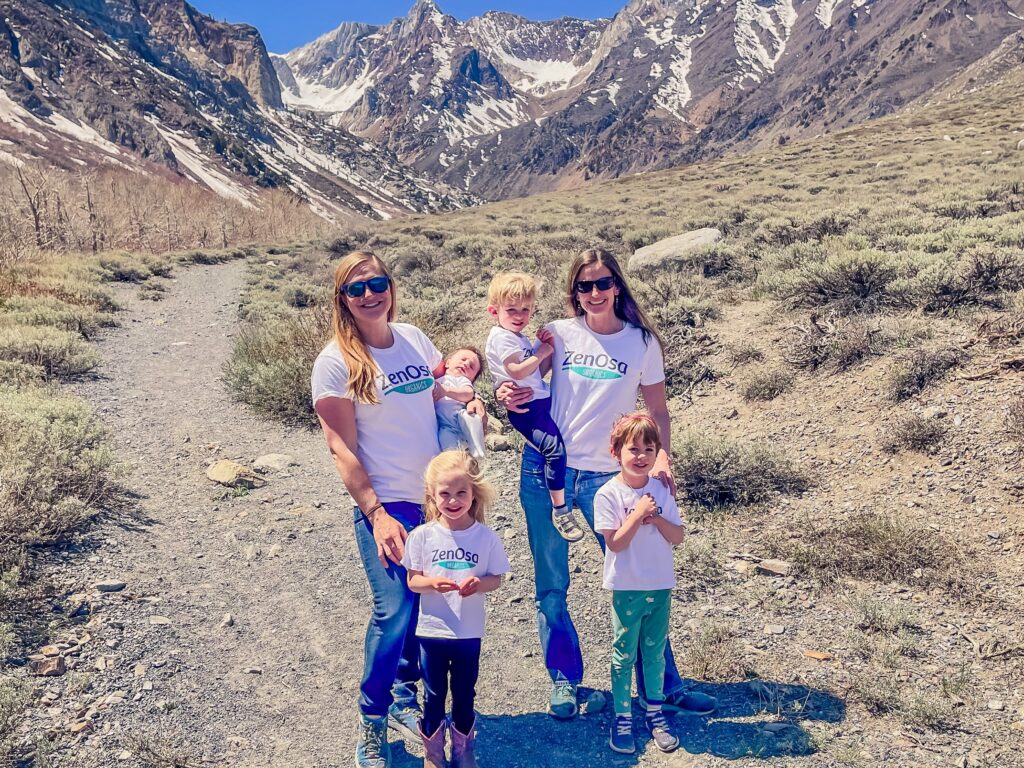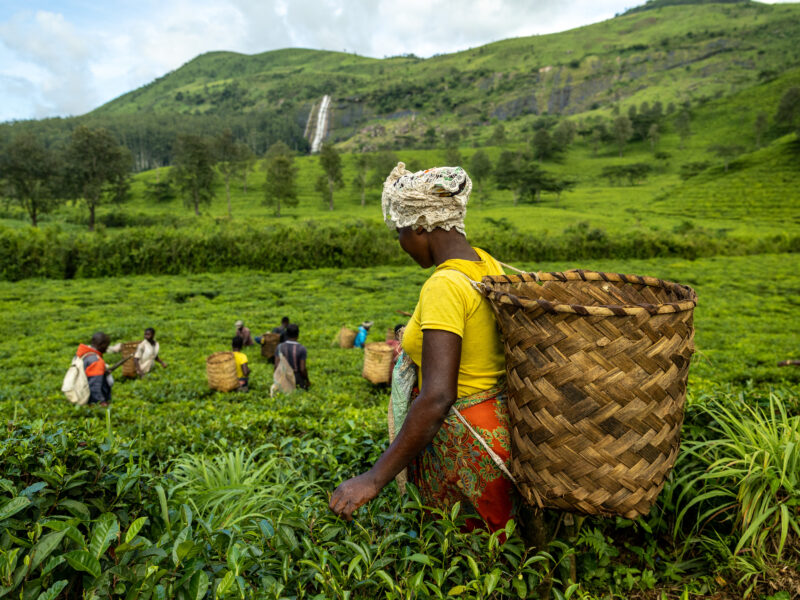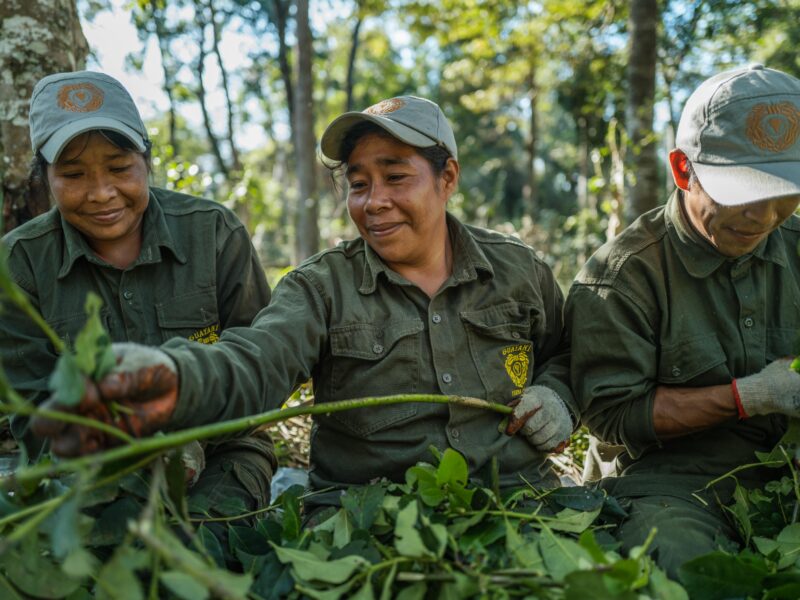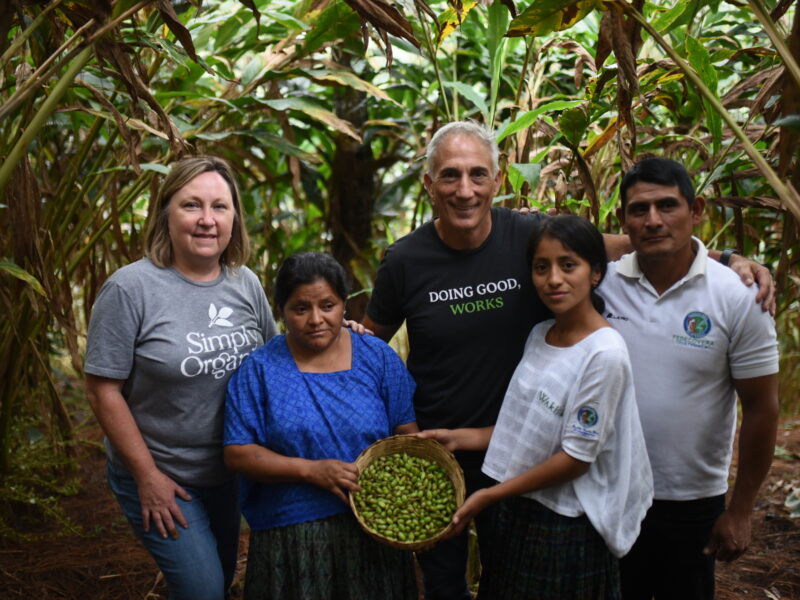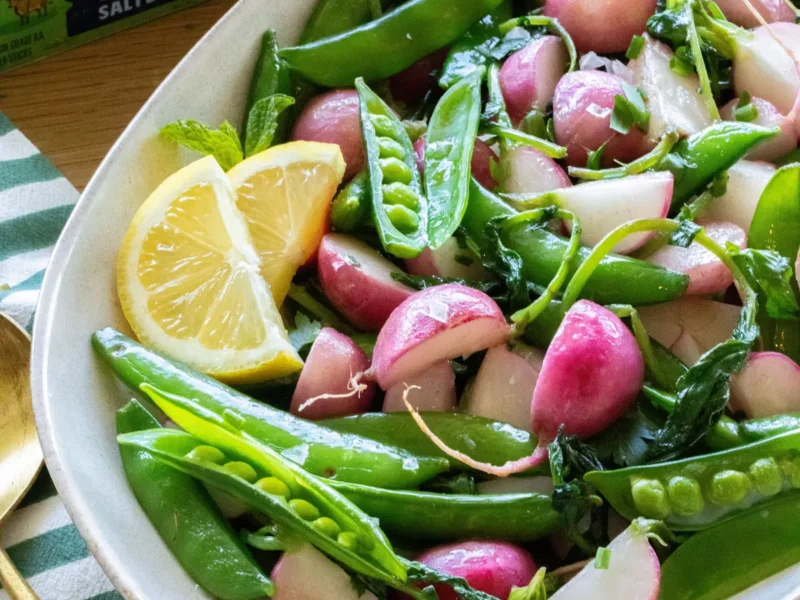Introducing ZenOsa Organics, a USDA-certified women-owned organic children’s health products brand. We are thrilled to share this new Only Organic brand partner with you in this exclusive interview.
Company Name: ZenOsa Organics
Location: Mammoth Lakes, CA
Tell us about ZenOsa Organics:
We are Dr. Kristin and Dr. Louisa, pediatrician moms and the co-founders of ZenOsa organics. We create science-backed natural remedies for kids. At the heart of our company’s story is our identity as moms and pediatricians and our impeccably high standard for the products we use for our kids and recommend to our patients. The inspiration for ZenOsa Organics sprang from our work with families in our clinic. We noticed that more and more parents were seeking alternative natural remedies for mild health concerns. We also knew from our research that there was growing evidence for certain specific remedies, but we weren’t impressed with what was available on the market.
The real spark came during a particularly rough cold and flu season. So many parents were coming in, desperate for something for their young kids since most over-the-counter cold remedies aren’t safe for kids under six. We felt like broken records talking them through the same research-backed natural treatments we recommend, such as honey, elderberry, zinc, etc. They were appreciative but wanted an all-in-one product they could buy. Unfortunately, there was nothing on the market we felt good enough about to recommend. The available natural products either leave out beneficial ingredients, include extras without scientific basis or good safety data, aren’t wholly organic or use poorly regulated label terms like “natural flavors.” In our frustration, we started to joke that we should make our own line. But over time what started as a joke turned into a mission when we could no longer deny the value and the need. So we got to work creating natural remedies backed by science with a commitment to high-quality, organic, and transparent ingredients. We didn’t originally seek to start a business, but the need and a gap in the market were undeniable, and we recognized we were uniquely qualified to fill it.
Why did you choose to create a certified organic product?
We are pediatrician moms and let’s just say we are a bit picky about the ingredients we choose for our kids and recommend for our patients. Natural remedies and supplements are honestly not that well-regulated and we want to make sure our products are as safe, effective, and transparent as possible. Choosing organic adds an extra layer of quality regulation and sets a high standard for our ingredients. Organic also means reducing exposure to potentially harmful pesticides. In addition, minimizing any negative impact on the planet is a priority for us. We are passionate about sustainability and raise our families with a profound love and respect for nature and the planet. Since our life’s work is caring for babies and children, doing our part to protect our planet for them and their future is a priority. Organic for us is also an intentional environmental choice.
How long has your brand been certified organic?
Our ingredients have always been 100% organic, but we received USDA organic certification in January 2022.
Is it difficult to source certified organic ingredients?
I think it is definitely getting easier as the market for organic grows. However, costs are higher which can be an obstacle for a new company, but it is worth the expense in our opinion. Certain ingredients were more challenging for us like organic monk fruit given it had previously been mostly grown and sourced outside the US. The more challenging issue for us was finding a manufacturing facility that is certified organic.
What myth would you like to bust about being an organic food pioneer or the organic industry as a whole?
One myth we see is that the organic industry is not enough to make an impact environmentally or health-wise; that the problems with the current system of food production, the risk of harmful exposures, and climate change are all just too big. The truth is though, by choosing to be an organic pioneer and participate in the organic industry you are helping to shift the consumer culture towards more intentional, eco-conscious, and health-conscious choices. The cumulative effect of each individual product produced in ethical ways and purchased by consumers, to the growth of big consumer-facing organic companies that are contributing to public education and social change, are helping at multiple levels of the supply chain.
What is the biggest challenge you face as an organic pioneer?
As a new company and knowing organic was a priority for us, the biggest challenge initially was the expense and process to get certified. We knew we wanted to use organic ingredients and thought that was enough. However, manufacturing companies were not always upfront about whether their facility was certified organic. If it is not, it means your product cannot be certified even with wholly organic ingredients. There was a learning curve for us navigating the process, but fortunately, the resources were there and we were persistent.
Where do you see organic food, farming, and products in the next 5 years?
The Organic market is clearly growing and with it is a growth in public awareness and interest in organic practices and organic products. My hope is that the momentum continues to grow and not only does awareness increase but accessibility and affordability of organic products in order to reach more consumers.
What advice would you give to a younger generation of entrepreneurs looking to get into the organic industry?
Is it challenging in the beginning, yes, but it is also worth it. In addition to feeling good about creating a higher quality, safer, and more regulated product that is thus more valuable to consumers, you are making a positive environmental choice as well as entering an exciting and supportive world of fellow organic suppliers and business owners that are making conscious and ethical choices to help make change for the better.

